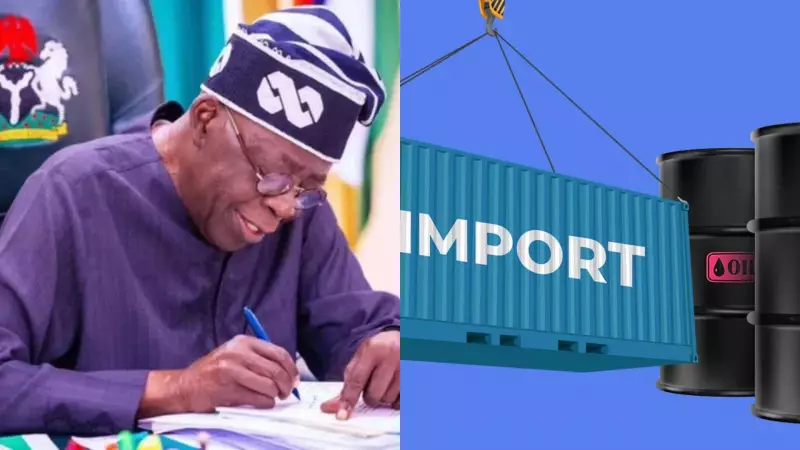
In a significant move that could reshape Nigeria's energy landscape, the Federal Government under President Bola Tinubu has officially implemented a 15% import adjustment tax on refined petroleum products entering the country.
Major Policy Shift for Energy Sector
The new tariff structure, which took immediate effect, applies specifically to imported Premium Motor Spirit (petrol) and Automotive Gas Oil (diesel). This decision represents one of the most substantial policy changes in Nigeria's petroleum sector since the removal of fuel subsidies.
Government's Strategic Objectives
According to official statements, the 15% levy serves multiple strategic purposes:
- Boosting government revenue through import duties
- Encouraging domestic refining capacity
- Reducing dependence on imported petroleum products
- Creating a more sustainable energy ecosystem
Potential Impact on Consumers and Businesses
Industry analysts suggest this development could lead to:
- Immediate price adjustments at fuel stations nationwide
- Increased operational costs for transportation and manufacturing sectors
- Potential inflationary pressure on goods and services
- Long-term shift toward domestic production as Dangote Refinery and rehabilitated NNPC facilities come online
Market Reactions and Industry Response
Petroleum marketers have expressed mixed reactions to the new tariff regime. While some acknowledge the government's revenue needs, others worry about the immediate burden on consumers already grappling with economic challenges.
"This policy marks a crucial turning point in our journey toward energy self-sufficiency," an energy sector insider commented. "The short-term pain should ideally translate to long-term gain as we build domestic capacity."
Looking Ahead: Nigeria's Energy Future
The tariff implementation coincides with ongoing efforts to revitalize Nigeria's refining capabilities. As the country moves toward producing more of its own petroleum products, this tax could accelerate the transition away from import dependency.
Economists and energy experts will be closely monitoring how this policy affects both the formal and informal sectors of Africa's largest economy in the coming weeks.





